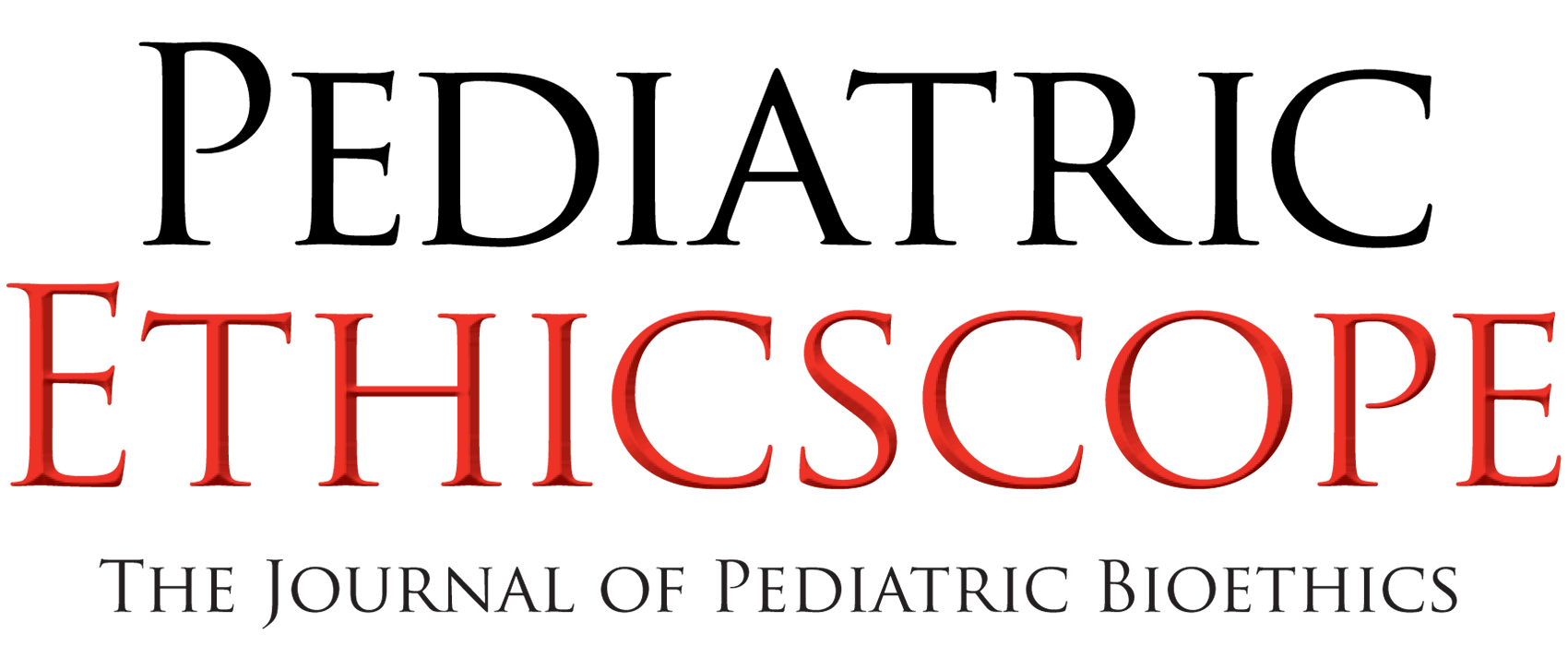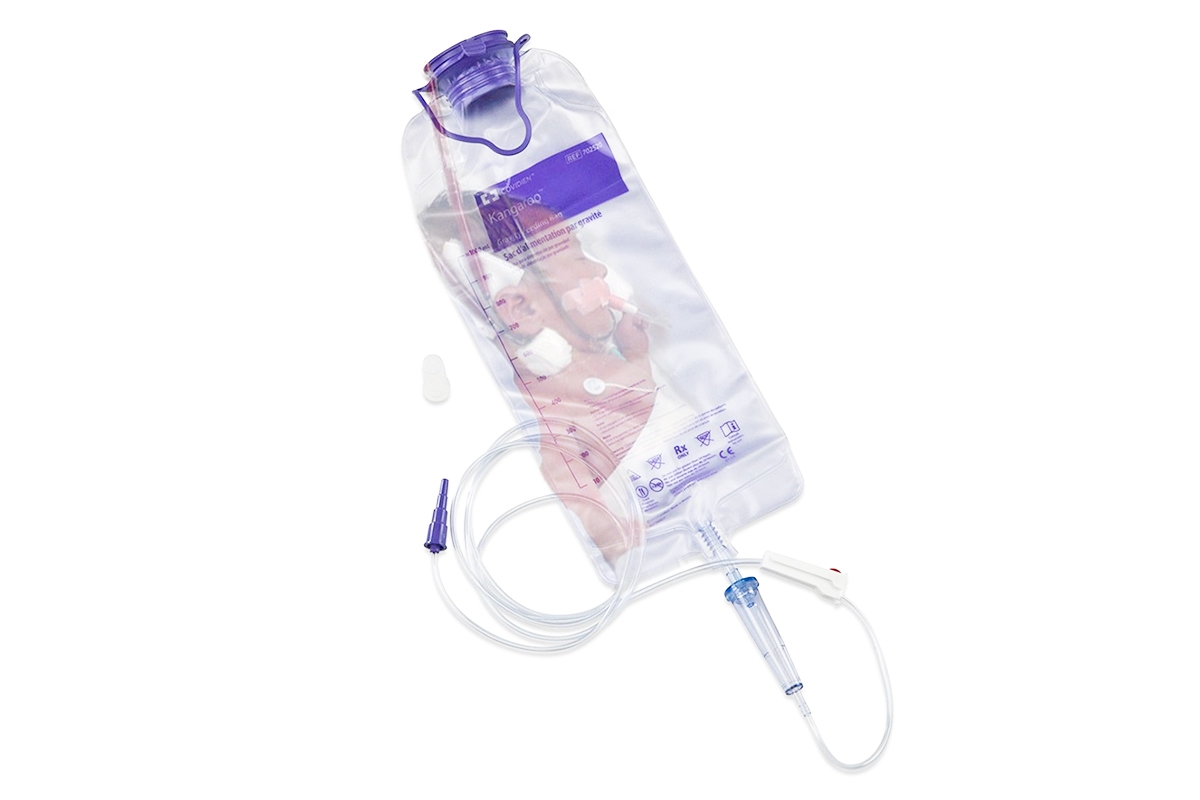
So why is it that we clinicians are so often uneasy when talking about patient suffering? One simple explanation would be that, in our era of the most extraordinary scientific discoveries, this topic has been neglected because it is so profoundly subjective, impossible to measure, quantify or compare. I propose an additional explanation; entering the world of suffering compels a response that we are not sure we can deliver. Our doubts originate in shortcomings of the health care system itself, neglect by the educational system, and from the burden of our own suffering.









